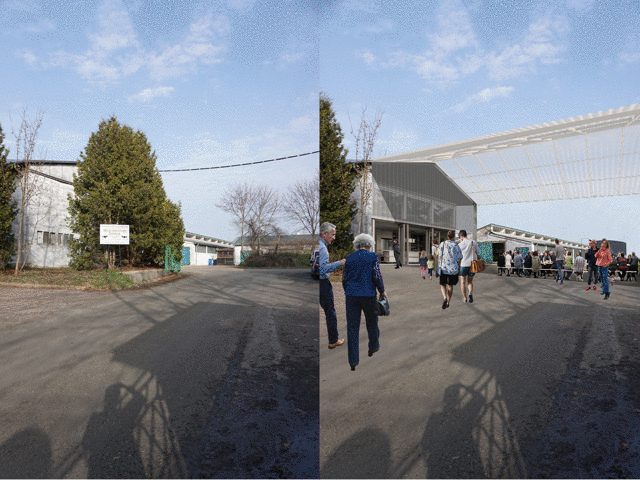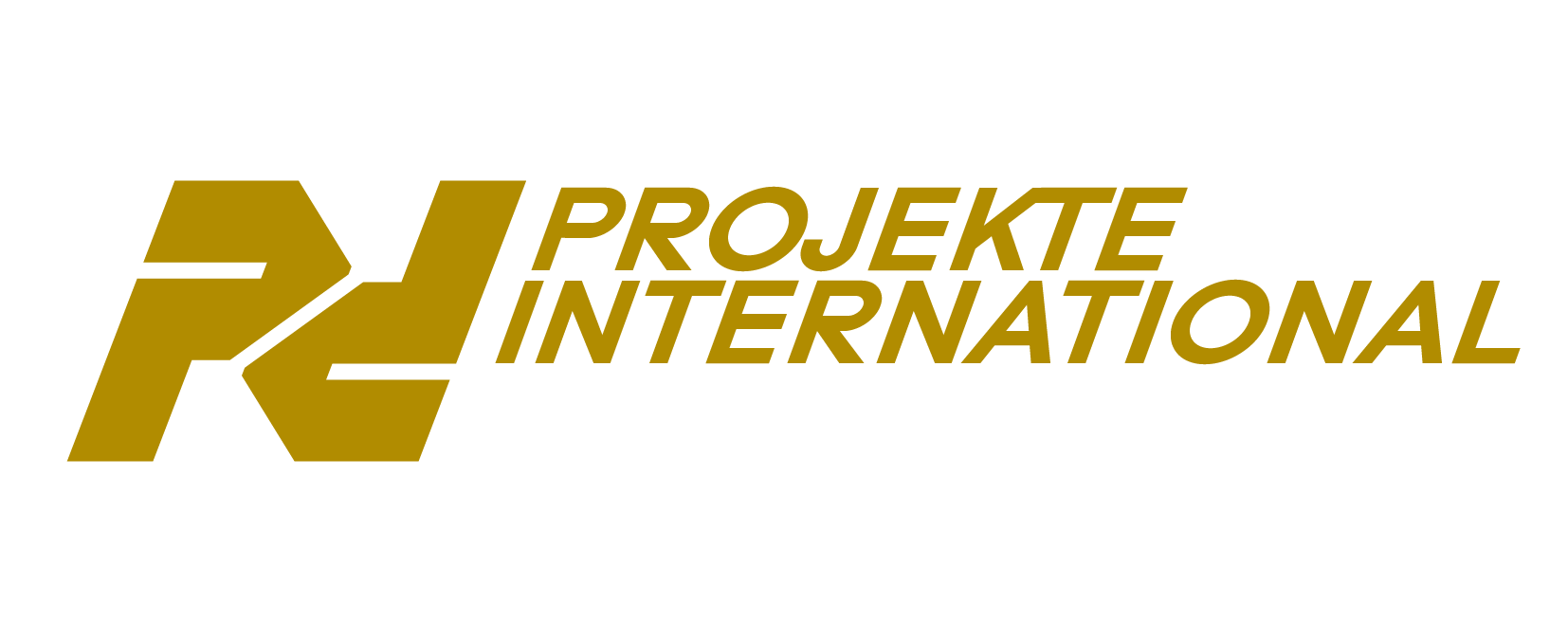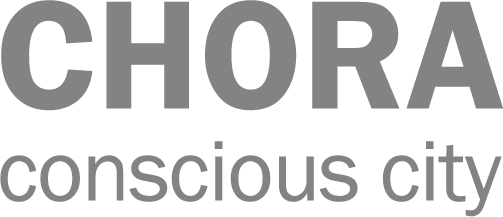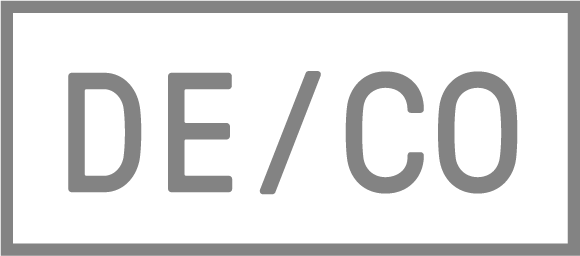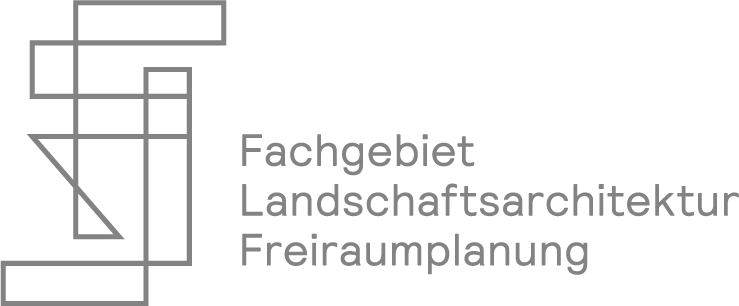MICROARTICLE #Food
Meat me!
By: Mascha Pfitzer
MICROARTICLE Food
Wissensstadt Berlin 2021
Published on June 26, 2021
The farming of animals, their slaughter and the processing of livestock, including marketing, distribution and consumption form a complex network in our economy and society. The rural area of former East Germany is still characterized by many large-scale farms from the 1950s. At that time agriculture and thus livestock farming were specialized and intensified by forcing individual farmers to form agricultural production cooperatives (LPGs). Most of these farms still operate conventionally and carry out only one segment of production.
Farm-based structures and their cooperative networks still play a minor role in regional planning, although they offer great potential to support the agricultural transformation and strengthen rural supply structures at the same time. Lower livestock numbers, on-site processing and distribution and, in particular, transparency and visibility of the processes shall be the foundation of an extensive conversion. In order to organize agriculture ecologically, we must first and foremost generate a higher appreciation of agricultural work among the population. This includes renegotiating our understanding of animal agriculture and economic efficiency and beginning to question our own consumption behavior.
BB2040
[EN] Berlin Brandenburg 2040 was initiated by the Habitat Unit in cooperation with Projekte International and provides an open stage and platform for multiple contributions of departments and students of the Technical University Berlin and beyond. The project is funded by the Robert Bosch Foundation.
[DE] Berlin Brandenburg 2040 wurde initiiert von der Habitat Unit in Kooperation mit Projekte International und bietet eine offene Plattform für Beiträge von Fachgebieten und Studierenden der Technischen Universität Berlin und darüberhinaus. Das Projekt wird von der Robert Bosch Stiftung gefördert.
